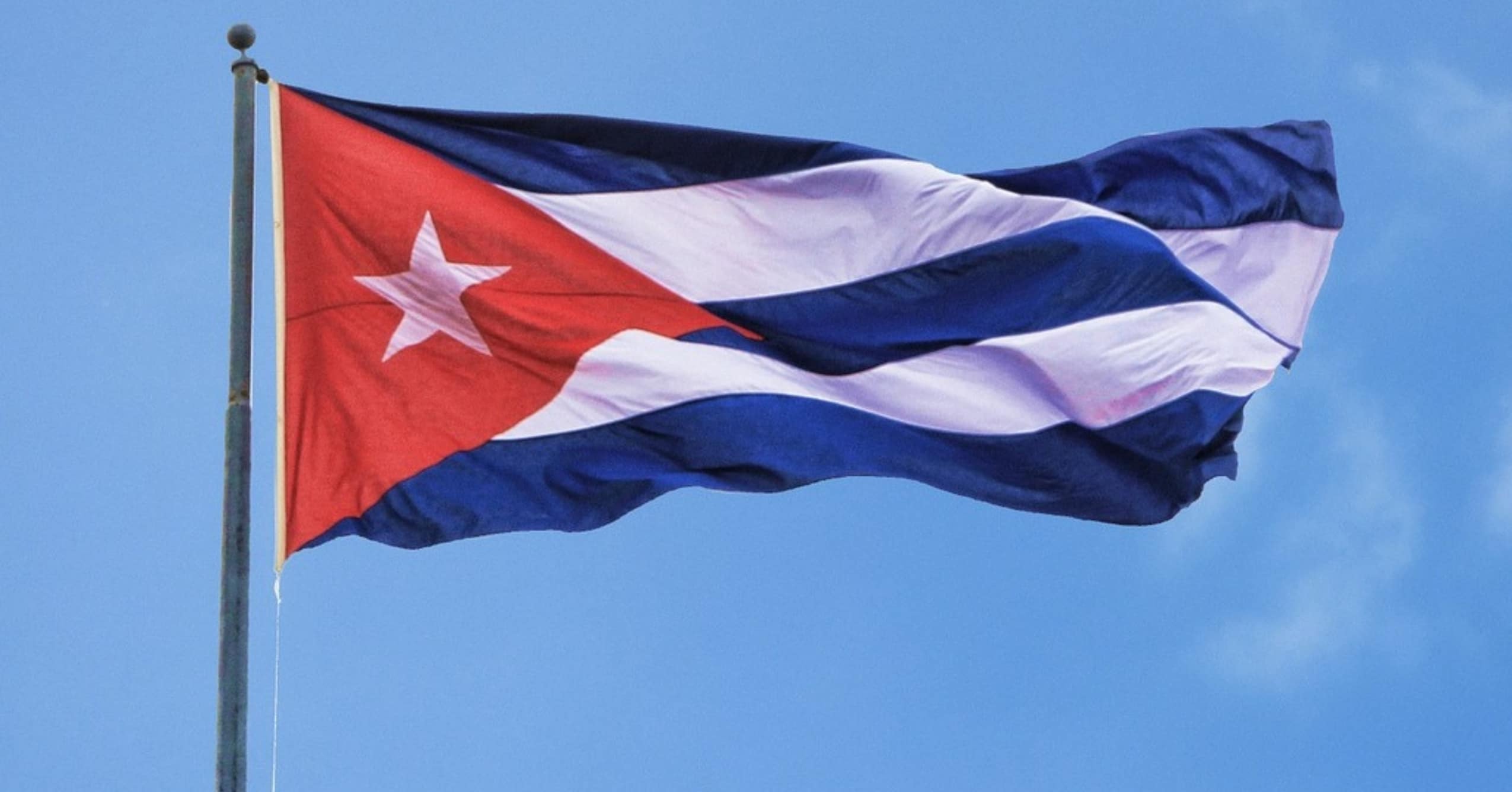The Unyielding Cry for Freedom in Cuba

July 11th, 2021, will be remembered as a pivotal day in the fight against Communism. On this day, thousands of Cubans took to the streets in an unprecedented demonstration that echoed across nearly every corner of the island. With speakers blaring the song “Patria y Vida” (“Homeland and Life”)—a direct challenge to the Cuban regime’s motto, “Homeland or Death”—many Cubans demonstrated for the first time in their lives. Their demands went beyond protesting energy cuts and shortages of medicine and food: they were chanting for freedom.
The Cuban regime, led by Miguel Díaz-Canel, responded predictably. First, they cut off communications, implementing an internet shutdown to prevent the spread of the protests and to obscure the situation from the outside world. Then, Díaz-Canel called upon the so-called “masses” to protect the “Revolution,” inciting violence against the demonstrators.
Thousands were sent to prison. The organization Justicia 11J reported nearly 2,000 people detained or sanctioned as a result of the repression. Among them were the artist Luis Manuel Otero Alcántara and José Daniel Ferrer Garcia, the leader of the organization UNPACU, who were sentenced to five and four years respectively. These political prisoners, along with many others, were thrown into small, dark cells, often without adequate water, sanitation, or access to light, ventilation, and temperature control — causing severe health problems.
The U.S. government has imposed several rounds of sanctions and visa restrictions targeting individuals and entities involved in human rights abuses on the island, including the harsh treatment of the July 11th protesters. Yet, the Cuban regime continues to hold over 1,000 political prisoners. These Cubans, guilty of simply calling for a better life are struggling to survive on infested food, without proper healthcare or medicines, coexisting with rats, insects, and their own filth.
When will democratic leaders around the world truly say “enough” to a communist regime that has been oppressing and violating the rights of its own population for over 60 years? When will neighboring countries stand up and impose real limits on the abuses of the Cuban regime?
As we mark another anniversary of the most significant demonstration against the communists in Havana, we must continue to stand by those whose lives are at risk simply because they tried to exercise their basic human rights. These brave individuals took to the streets to demand one thing: freedom. It is our moral duty to support their struggle and amplify their voices until true change is realized.
Hernán Alberro is the Latin America Program Manager at the Victims of Communism Memorial Foundation

